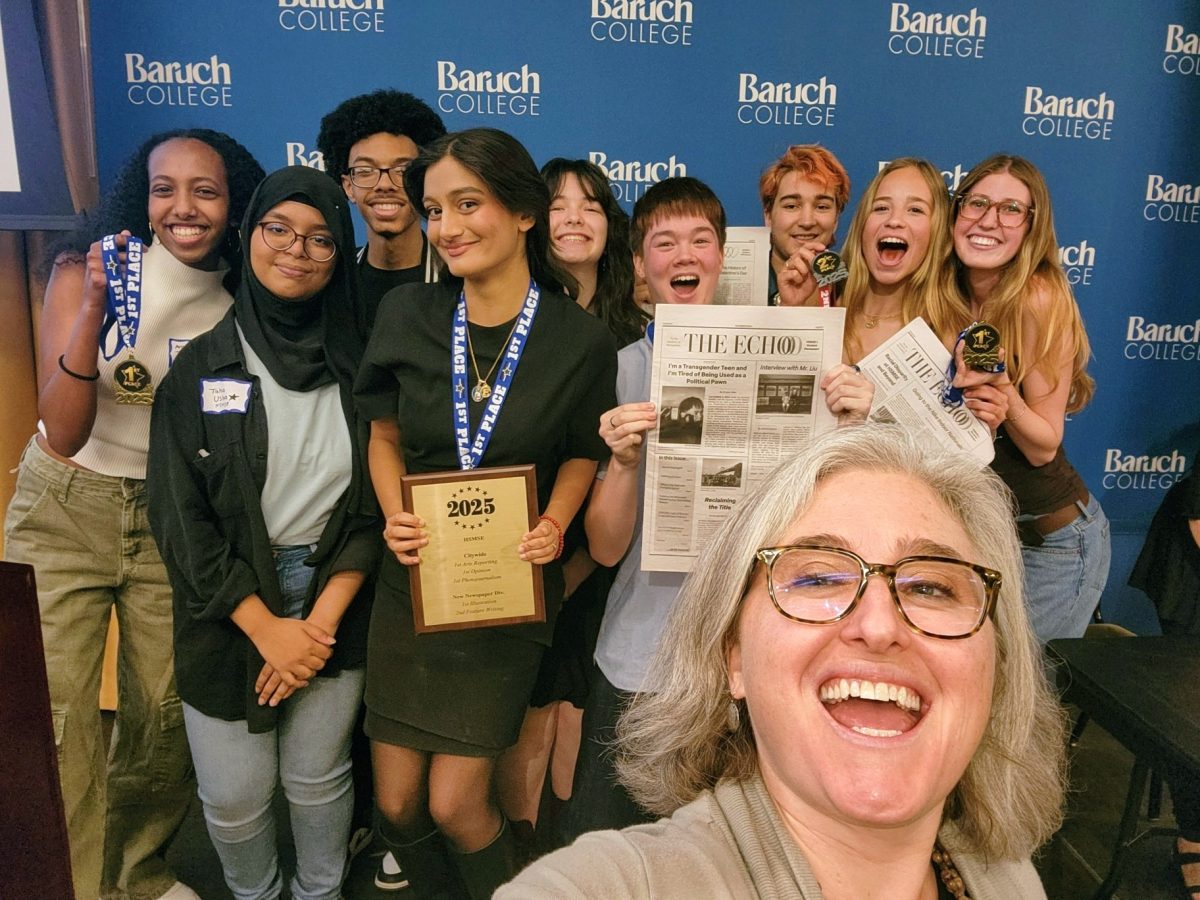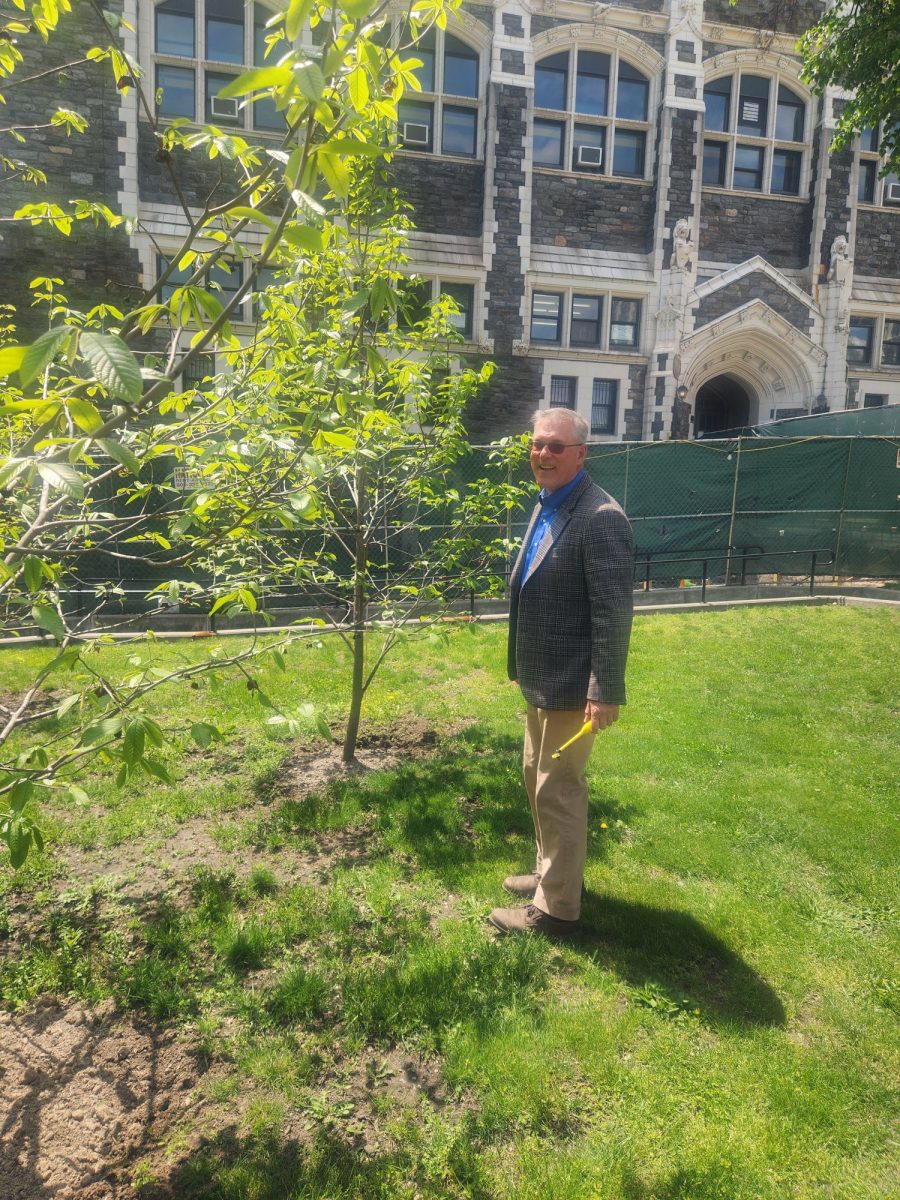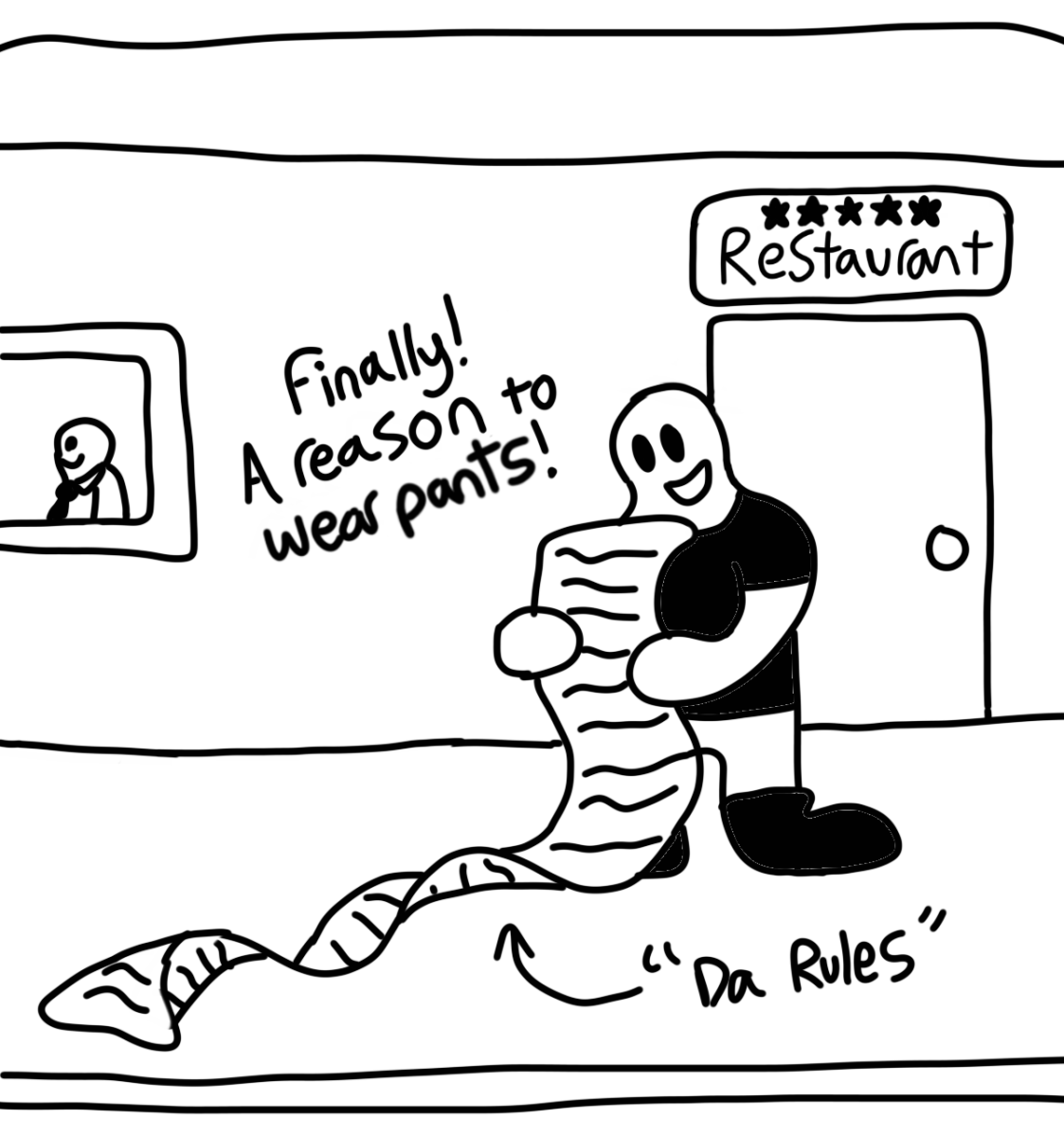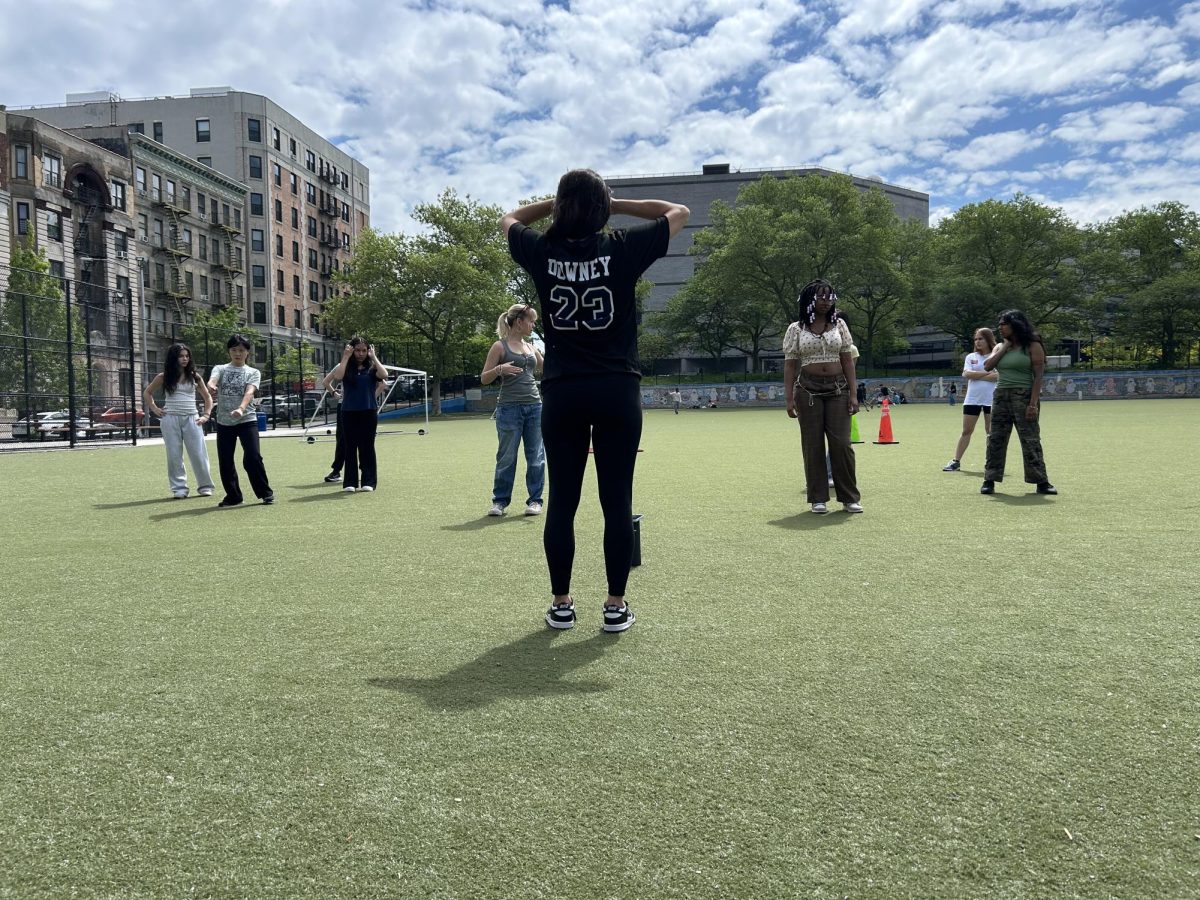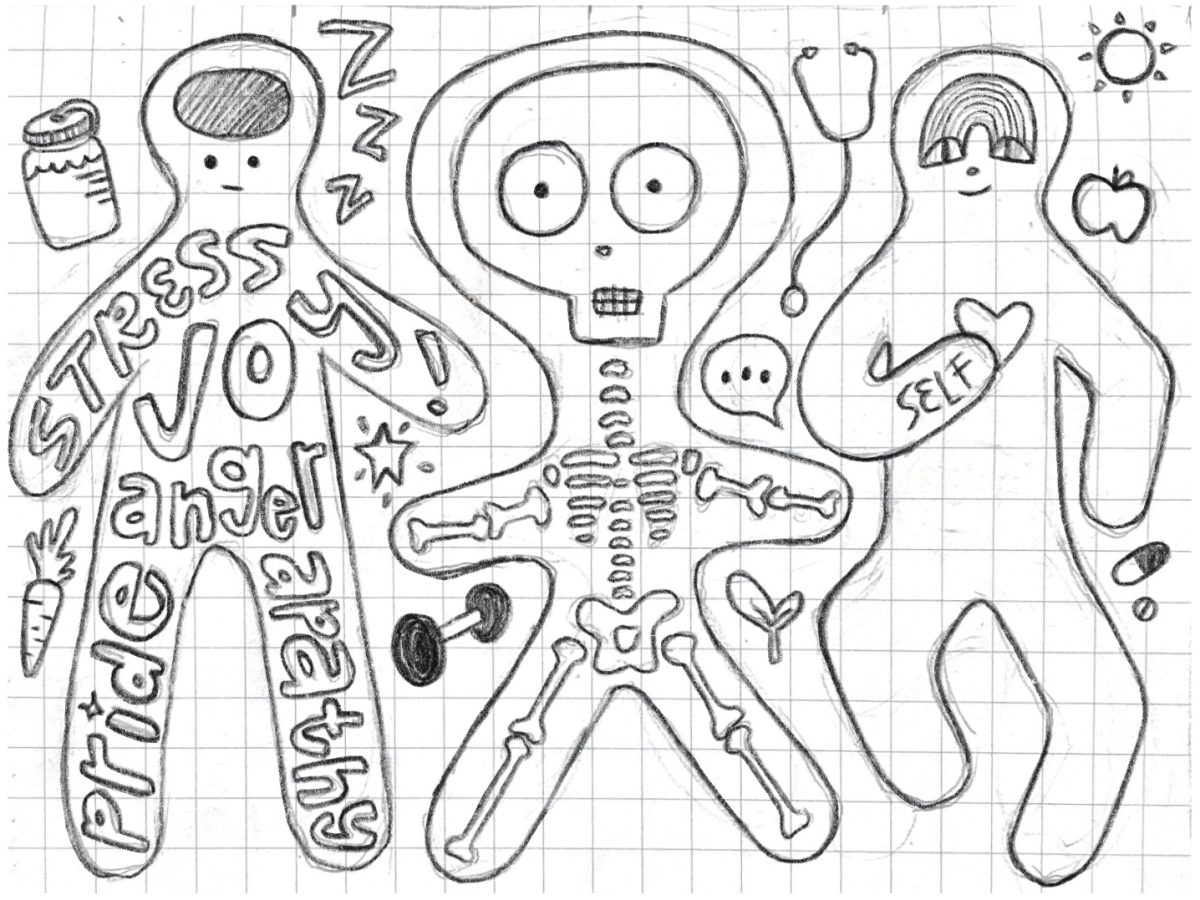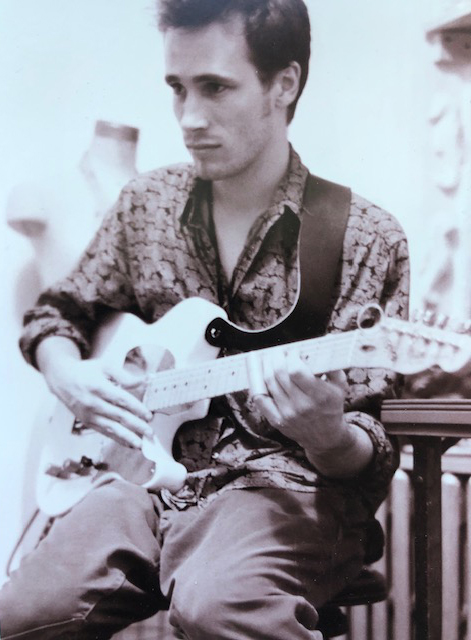Jeff Buckley’s only studio album and most well-known release, Grace, starts in much the same way his concerts did: with gently-wavering hums. Lulling the audience members away from the semantics of their personal lives and towards his dimly-lit stage, Jeff would quiet the room and make space for the sound of his guitar. Music was always a big part of his life, and people tend to assume his father, Tim Buckley, was responsible—Tim was a well-known folk/rock singer-songwriter who looked strikingly similar to Jeff, so he inevitably drew comparisons—but in reality, the two barely knew each other. “We were born with the same parts but when I sing it’s me,” Jeff told NME shortly after the release of Grace.
We contacted Jessica Liebman, who met Jeff in 1991 through her friend Rebecca Moore (Jeff’s girlfriend at the time). Ms. Liebman, who had never publicly discussed her friendship with Jeff, agreed to share her memories of him. She eloquently attested to his kind nature and enthusiastic demeanor, helping us put together a more cohesive picture of what Buckley’s life was before fame and who he was off stage. Any quotes that lack clear context are from our interview with Ms. Liebman.
Jeffrey Scott Buckley was born on November 17, 1966 in Anaheim, California. He was called Scotty Moorhead by his mother, Mary Guibert, and all others until the age of ten, when Jeff decided to go by his government name. At around this time, his mother and stepfather, Ron Moorhead, divorced.
Though Jeff shared his looks and surname with his biological father, the two rarely crossed paths. Upon hearing of Mary’s pregnancy, Tim gave her a choice: She could either have an abortion, or a divorce. A month before his birth, Jeff’s parents finalized the split—only one year and two months after their marriage began. Tim left Mary to pursue his own musical career in New York when Jeff was six months old, so 18-year-old Mary was tasked with raising Jeff alone.
Mary held out hope that Tim would make an effort to be present in Jeff’s life, but she was always the one initiating plans. She and baby Jeff met with Tim three times before he turned one, but Tim’s disinterest in their lives continued, demonstrated by his decision to move without telling Mary his new address. When recalling this action, she expressed, “If he ripped my heart out before, this time he spat in the hole.”
Afterwards, it was about seven years until Jeff saw Tim. Once again, Mary was the reason why—she saw one of Tim’s shows being announced in the paper, and drove about an hour with an enthusiastic eight-year-old Jeff to watch it. She stated that “Scotty was in love” and “immediately entranced” by his father’s performance, especially his guitar. He rushed to see Tim after the first set, “clutching” to Mary’s skirt as he waited for his father—someone he barely knew, who still wrongly called him Jeff. However, the child did not care; he sat on his father’s lap for 15 minutes. Jeff said that “[Tim] smiled the whole time. Me too.”
After this experience, Tim’s wife-to-be proposed that Jeff stay with them for a few days, and so he did. It was far less exciting though; Tim rarely spoke to Jeff because he was busy working. Those days constituted Jeff’s final interaction with his father. Two months later, Tim died of an overdose. Jeff was not invited to his funeral, nor was he mentioned in the obituary. Most fans of Tim Buckley didn’t even know he had a biological son.
Jeff would often think of his father after his death. They hardly knew each other, but he was always tied to him. Jeff looked and sounded just like Tim. He insisted that he only “knew him for nine days,” but the public’s impression would never falter. Ms. Liebman recalls spending time with Jeff after one of his shows when “an older woman, clearly a Tim fan, came up to Jeff and said ‘you look just like your father,’” causing him to “immediately [turn] and [bolt] from her without saying a word.”
Jeff had expressed true potential in music well before he could comprehend that his father was a famous musician. Mary recalls a baby Jeff in his car seat, “vocaliz[ing]… in a way” that made it clear that “he was trying to follow the melody line” of music on the radio. Ms. Liebman attests to this talent, emphasizing that Jeff was “an incredible mimic” who “could nail the sound of something perfectly.”
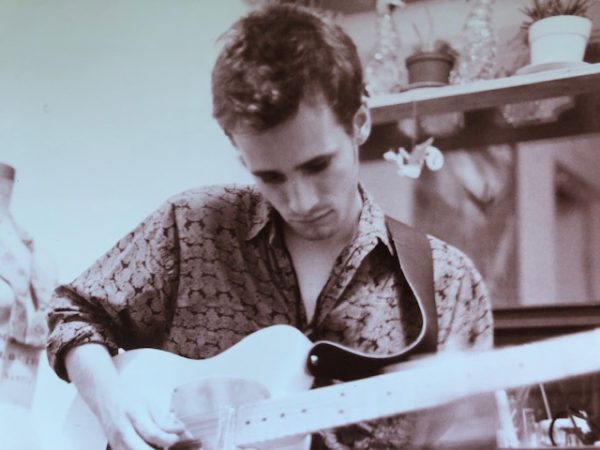
When he was only five years old, Jeff found an acoustic guitar in his grandmother’s closet. He could not play well yet, but he would often sit with it, leading his childhood friend Willie Osborn to compare Jeff’s behavior with the guitar to Linus’ with his blanket. As time elapsed, his affection never faltered; it was always evident that “music was everything to him.”
This affection was supported by his upbringing. Jeff’s mother is a classically trained cellist and pianist, as well as his largest source of encouragement. His stepfather also made a profound impact on his life, being his only true father figure. Moorhead introduced a young Jeff to many of his favorite rock bands, most notably Led Zeppelin. Years later, when Jeff was asked of his main musical influences in an interview, he responded, “love, anger, depression, joy, and dreams—and Zeppelin, totally.” His affinity for Led Zeppelin was clear to his friends, too—Ms. Liebman shared that Jeff “would pretend that Led Zeppelin was playing on an antique phonograph” with his voice. “He would imitate Robert Plant singing in an old fashioned 1920s style, including the needle hitting the record and skipping and the tinny sound coming from the speaker. He did that all simultaneously like a beatboxer would.” This was one of the many ways Jeff entertained his company.
Jeff built his own career, entering the New York music scene with the energy of an “excited puppy.” Tim didn’t help Jeff with his career; Jeff’s performance at “a tribute concert featuring [Tim’s] music at St. Ann’s Warehouse in Brooklyn” did. There, he sang Tim Buckley’s “I Never Asked to Be Your Mountain” (a song written about baby Jeff and Mary); as Ms. Liebman put it, “he blew everyone away.” This concert “changed everything for him. He met so many people and was on the industry radar. He started to play with Gary Lucas and they recorded together. He began playing gigs at an East Village cafe called Sin-é. Those grew from word of mouth and he developed a following from there.” Despite this, Jeff and his mother were plagued with the worry that people would regard Jeff as, in his own words, “the second coming of Tim Buckley.” Jeff stated that he was “totally immersed in what [he did],” but his interest was always portrayed as if it was a continuation of his father’s.
Jeff’s goals were clear—his career was about his music as well as his connection with it. Mary once told him to “Watch out,” saying that “Grace might get a Grammy nomination,” and Jeff responded “No, mom, that’s not the kind of artist I am.”
Being in the eyes of the public put Jeff under immense pressure, causing him to “put his guard up more” than before. He was often put into positions where he was expected to prove himself to others, especially in the context of Tim Buckley. He “fought off” comparisons to Tim, declaring, “All I ever stole from my father was a fleeting glimpse.”
Nevertheless, Jeff did not allow the public’s interference to get in the way of his dedicated and intimate relationship with music. He was an expert in his craft. “He’d start [his] show[s] quietly crooning. It would immediately draw the audience in and they’d fall silent. It was mesmerizing. It would build and there was a sense of transcendence. After the applause he’d do something goofy, like one time he jumped off the stage to the audience and sat on my Mom’s lap.” This silliness wasn’t unusual for Jeff. “I remember him making everyone laugh,” said Ms. Liebman.
Jeff was a perfectionist with a focus on, in his own words, “crystalliz[ing]” his work. He made revisions to Grace until his last day in the studio, always trying out alternative versions and pouring his soul into his work. “Despite his immense talent, he could be self-deprecating,” shared Ms. Liebman. “He absolutely worshipped his musical idols,” but was critical about his own talent.
Jeff’s genuine love for his craft was unmistakable, but the focus was never solely on him. “People think that my father and the [Live at Sin-é] EP is all there is to talk about,” said Jeff shortly after the release of Grace. The accusations of nepotism and continued association with his father were endless—the media never seemed to truly acknowledge him as his own individual. The public invalidated all of the work he put into his career, attributing it to the stranger who was his father.
Even today, people fail to appreciate his individuality.
Jeff Buckley was his own person with his own impacts. His legacy lives on through his music, his fans, and those who knew him best. His work continues to resonate, not because he was Tim Buckley’s son, but because he was Jeff Buckley—an artist in his own right, whose fleeting career left an indelible mark on the world.
A special thank you to Jessica Liebman for generously sharing her memories and insights about Jeff—we are very lucky to have received input from someone who was close to him. Her fond memories convey not just his passion for his craft, but the benevolence of his spirit.
Her response to our final question (“What’s important for his fans to know?”) sums things up perfectly: “His final songs were recorded as a demo and he plays everything himself. He made cassette tapes of the new songs for the band before they flew down. He was in the process of creatively breaking through and working towards a second album that felt right and wasn’t compromised. Those songs I found to be so moving and beautiful just as they were in a demo state. They are uniquely his. It inspires me to this day.”








